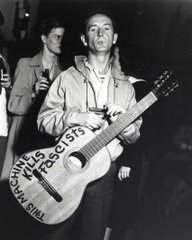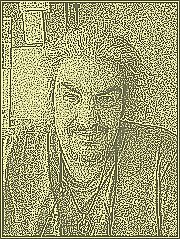Pittsburgh-Area Tuskegee Airmen Leave Behind Legacy
 From ThePittsburghChannel.Com
From ThePittsburghChannel.Com
PITTSBURGH - The Tuskegee Airmen served the country with valor at a time when many thought they couldn't or shouldn't. The group helped change conventional wisdom, flying mission after mission over enemy territory, and leaving behind an incredible legacy, which extends to Pittsburgh. It was the Tuskegee Airmen who demonstrated to themselves and the nation that they were the cream of the crop of the negro race.
They fought for their nation, racing through the skies as armed aviators. Historians said they possessed remarkable intelligence, acute aviation skills and a passion to fly and prove at that time that the American negro was courageous and worthy.
Samuel Broadnax is a Tuskegee Airman and author. He wrote the book "Blue Skies, Black Wings," which is about the 332nd fighter group.Broadnax recalls a time when the Germans unleashed their new and superior rocket plane. "That plane was 10 mph faster than anything we had or the allies had," he said.Three of the first five were shot down by members of the 332nd.
The Tuskegee Airmen routinely protected American bombers from the Germans by swooping down and attacking the Germans like a bunch of killer bees.
That's the way 85-year-old James Shusters describes it. He said they protected the bomber pilot and Freeport native during many of his 51 bombing missions.
"Ordinarily, they would come down from up above, which gave them an advantage in speed," said Shusters. But the airmen would pick out a German fighter to engage and chase.
William Hicks, 87, of Homewood, served as an electrical aircraft specialist. He said his academic records were so astonishingly brilliant that military brass assumed he was not black.
"It said, 'William Hicks. Position: Ex man. Nationality: White,'" said Hicks. "They said I was white until they looked at me."
That is what Hicks and North Side airman Ed Harris fought passionately. They said imperfection was not acceptable.
"Because this is an experiment to prove certain things, like whether blacks are inferior or not," said Hicks.
Their legacy is why Chester Gill wanted to see local Tuskegee Airmen at a recent ceremony.
Gill's brother, Edwin, was attacked by the Germans over the Swiss Alps. Before dying of cancer, Edwin Gill had the chance to tell his brother how the Tuskegee Airmen saved his life. He thanked the airmen on behalf of his late brother.
"And I can look up in heaven and say, 'Brother, mission accomplished,'" said Edwin Gill. "And I thank you."






No comments:
Post a Comment